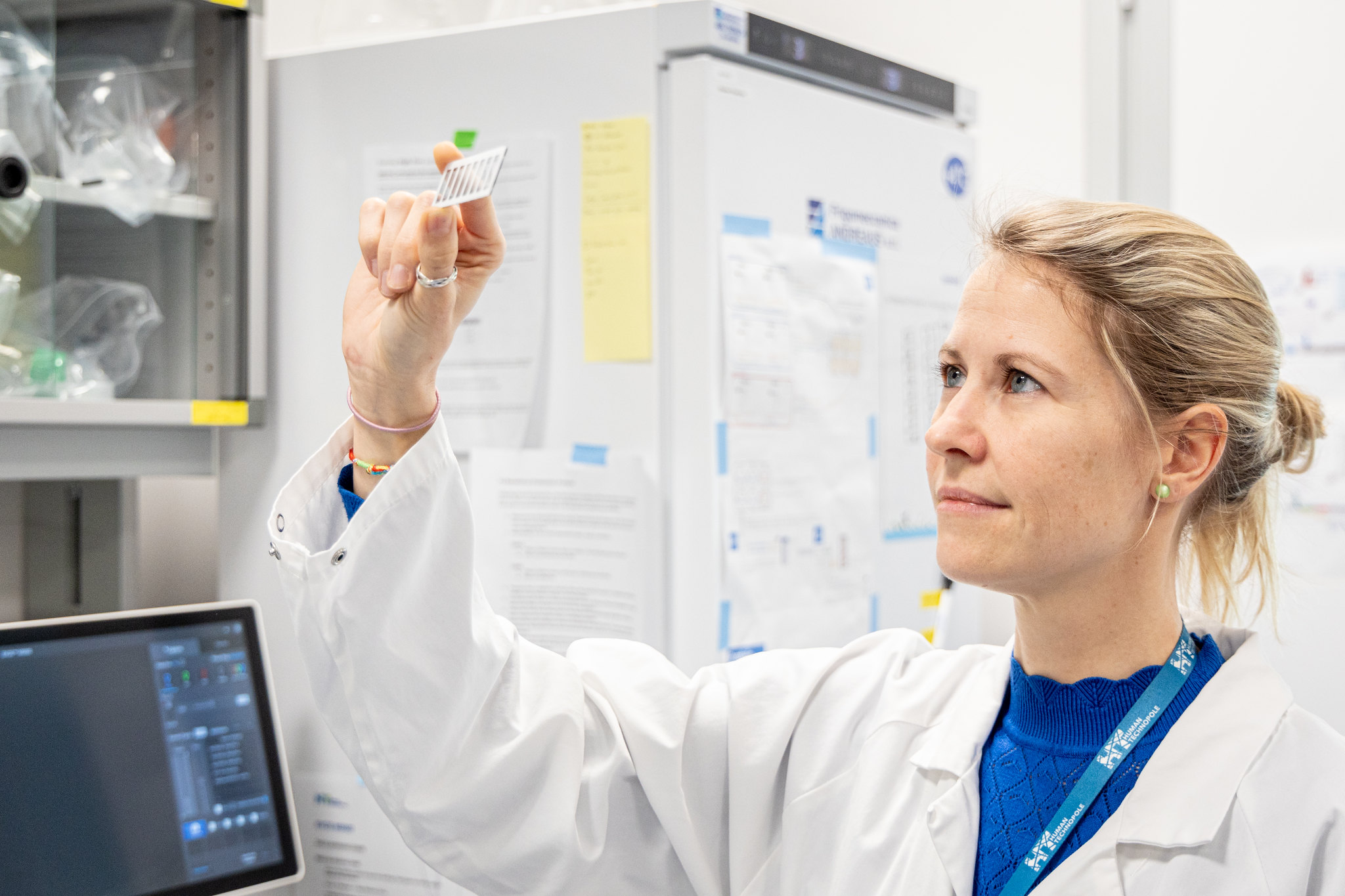Our Research


Like any other form of life, the human being is a complex system made up of elementary components. Each component has its own functions, but through the interaction with other components, they give rise to overall properties of the system that are more than the sum of its parts. Physicists call these “emergent properties”. Studies on complex systems and their emergent properties earned the Italian physicist Giorgio Parisi the Nobel Prize in Physics in 2021. A flock of birds, a single cell and the cells in an organism are all examples of complex systems based on emergent properties.
Understanding the interactions between the components is fundamental to understanding biological systems, including human physiology and its pathological dysfunctions.
HT researchers will investigate the emergent properties of biological systems across scales and how these evolve over time. They will adopt a multi-scale systems biology approach, allowing holistic investigations of biological systems and their components across different levels of complexity. Systems biology requires a combination of experiments, theory and computer science. Theory will help design experiments, whereas computational and Artificial Intelligence-based methods will be used to extract biological information from complex datasets. Predictive models will allow (in)validating experiments, and biophysical modelling will help predict the influence of biological and physical factors on complex systems. This interdisciplinary method, coupled with cutting-edge scientific infrastructure, provides HT with the tools to become a centre of excellence for biomedical research at the national and international levels.
Areas
-
Genomics
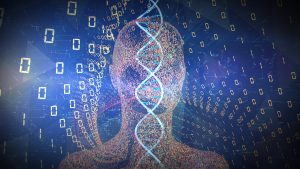
Genomics
-
Neurogenomics
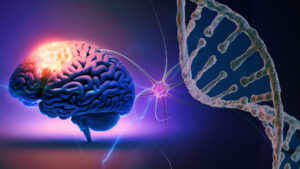
Neurogenomics
-
Structural biology
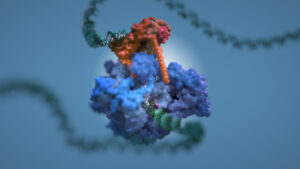
Structural biology
-
Computational biology
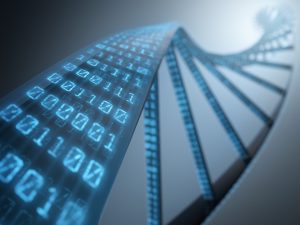
Computational biology
-
Health Data Science

Health Data Science
-
Biophysical Modelling and Simulation

Biophysical Modelling and Simulation
-
Molecular Cell Biology

Molecular Cell Biology
Flagship Research Programmes
The HT Flagship Research Programmes relevant to human pathophysiology will leverage the cutting-edge expertise and topics of individual HT Research Centres and focus on five therapeutic areas:
- Cardiovascular and metabolic diseases, playing a pivotal role in cell fate decisions by disrupting metabolism;
- Multimodal AI Across Scales, building analysis ladders to bridge biological scales
- Immunogenomics and cancer, prototypical evolving diseases, i.e. which can develop, evolve and progress over time;
- Neurodevelopmental and neuropsychiatric conditions, diseases arising from complex interactions between genetic and as-yet-unknown environmental factors;
- Ciliopathies, a heterogeneous group of disorders involving dysfunction of the cilium.
Groups
-
Bienko Group
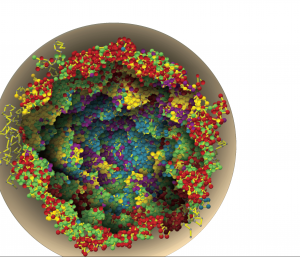
Bienko Group
-
Calviello Group
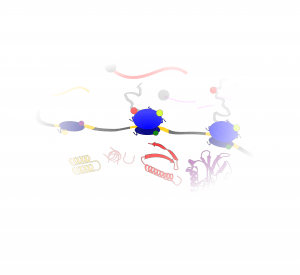
Calviello Group
-
Carninci Group
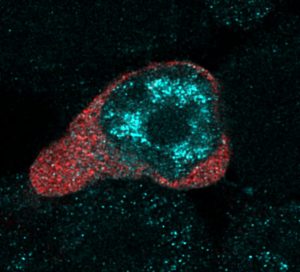
Carninci Group
-
Casañal Group
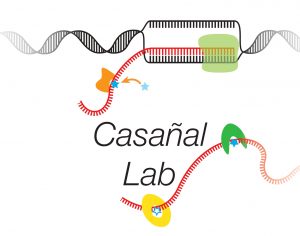
Casañal Group
-
Coscia Group
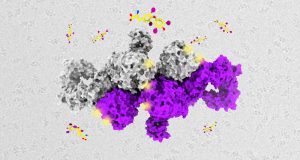
Coscia Group
-
Davila-Velderrain Group
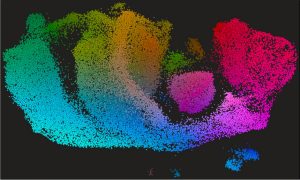
Davila-Velderrain Group
-
Di Angelantonio & Ieva Group

Di Angelantonio & Ieva Group
-
Domínguez Conde Group
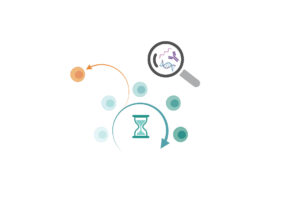
Domínguez Conde Group
-
Erdmann Group

Erdmann Group
-
Giustacchini Group
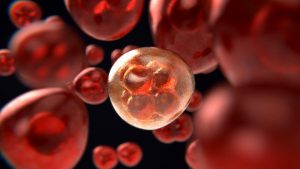
Giustacchini Group
-
Glastonbury Group
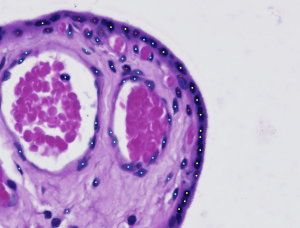
Glastonbury Group
-
Harschnitz Group
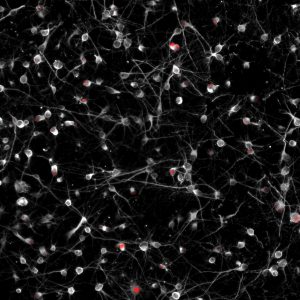
Harschnitz Group
-
Iorio Group
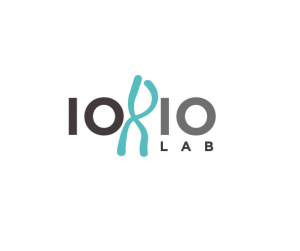
Iorio Group
-
Jug Group
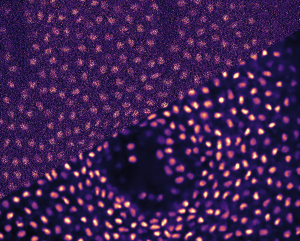
Jug Group
-
Kalebic Group
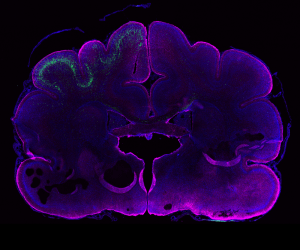
Kalebic Group
-
Legnini Group

Legnini Group
-
Pigino Group

Pigino Group
-
Pinheiro Group
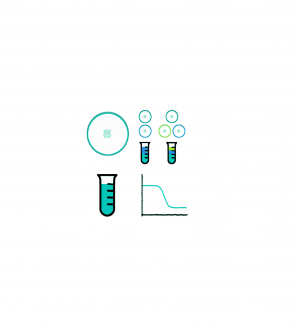
Pinheiro Group
-
Soranzo Group

Soranzo Group
-
Soskic Group
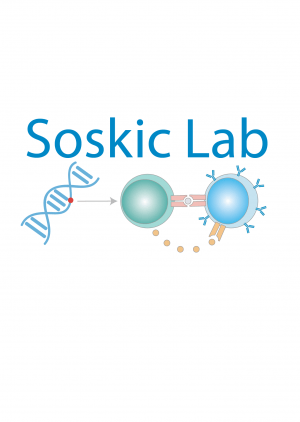
Soskic Group
-
Sottoriva Group
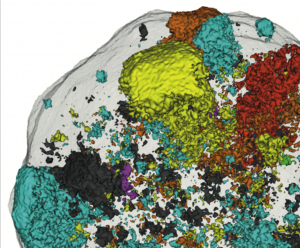
Sottoriva Group
-
Taverna Group
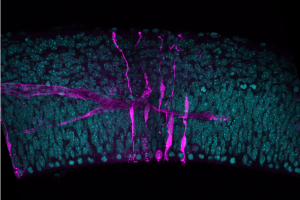
Taverna Group
-
Testa Group
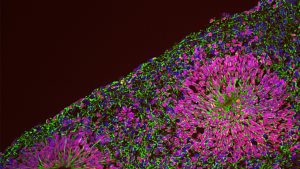
Testa Group
-
Vannini Group
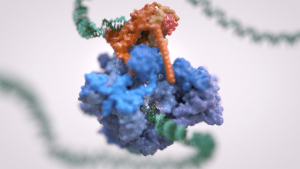
Vannini Group
-
Zerial Group
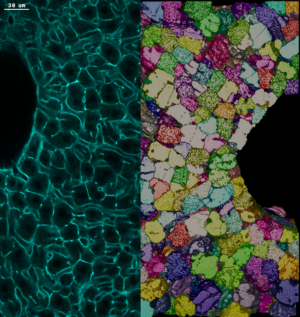
Zerial Group
-
Zuccolo Group

Zuccolo Group
